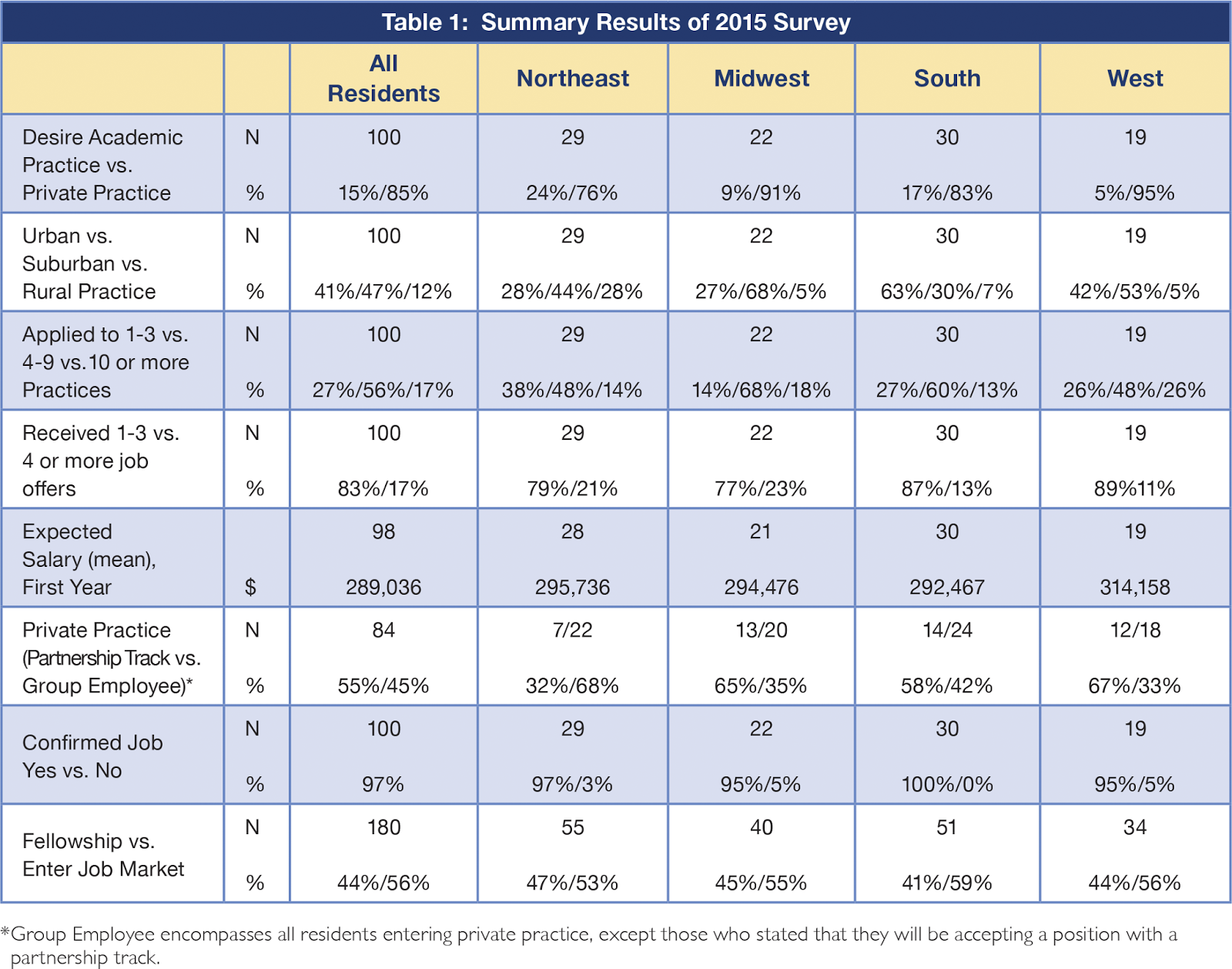D
deleted171991
What is more relevant is his age. I bet 90% of his age group would say the same. They have had a great career and life.
If I were a student deciding about my career choices, I would rather listen to what the junior attendings here are saying, the ones who are employed, working in an ACT model. Because that would be my future, not that of a fat cat partner, no offense.
If I were a student deciding about my career choices, I would rather listen to what the junior attendings here are saying, the ones who are employed, working in an ACT model. Because that would be my future, not that of a fat cat partner, no offense.

